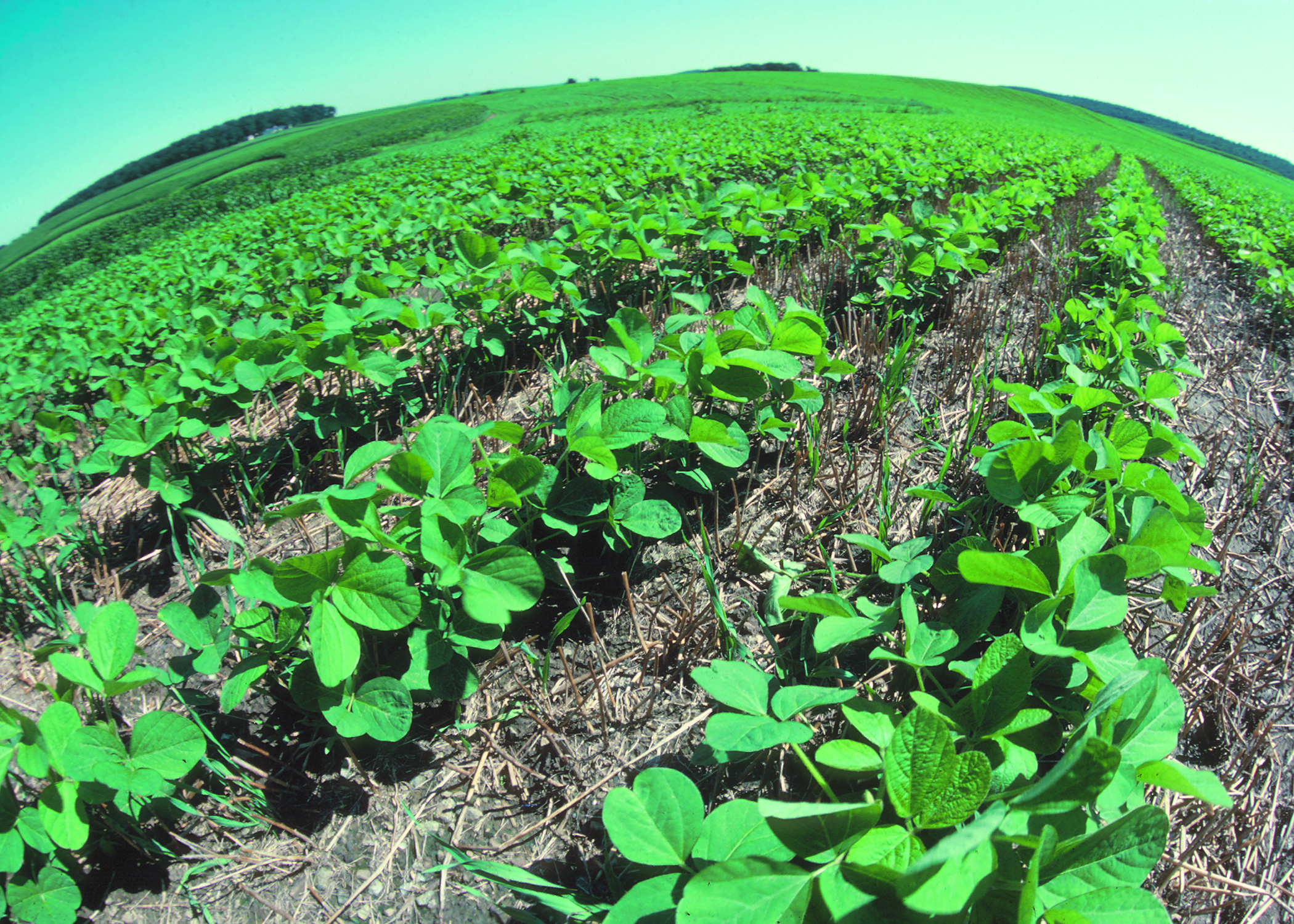Benefits of No-Till Farming
The Advantages of No-Till Farming
No-till farming is a sustainable agricultural practice that offers numerous benefits to farmers and the environment. By avoiding the traditional plowing and tilling of the soil, no-till farming helps to improve soil health, conserve water, reduce erosion, and increase crop yields. In this article, we will explore the various advantages of no-till farming and why it is gaining popularity among farmers worldwide.
Improved Soil Health
No-till farming promotes better soil health by preserving the natural structure and composition of the soil. When the soil is left undisturbed, it allows for the formation of stable aggregates, which create pore spaces for air and water movement. This enhanced soil structure improves nutrient availability, root penetration, and microbial activity, leading to healthier and more productive soil.
Water Conservation
One of the significant benefits of no-till farming is its ability to conserve water. By leaving crop residues on the soil surface, no-till farming helps to reduce evaporation and retain moisture in the soil. This is particularly crucial in arid regions or during dry spells, as it minimizes the need for irrigation. Conserving water not only saves farmers money but also helps to sustain water resources for other purposes.
Reduced Erosion
No-till farming plays a vital role in preventing soil erosion, which is a significant concern in modern agriculture. By keeping the soil covered with crop residues, the impact of raindrops is minimized, reducing the risk of soil detachment and surface runoff. The residues act as a protective layer, preventing wind erosion as well. This erosion control not only preserves valuable topsoil but also prevents sedimentation in nearby water bodies.
Increase in Crop Yields
No-till farming has been proven to increase crop yields over time. The improved soil structure and health, along with the conservation of moisture and nutrients, create a favorable environment for plant growth. Additionally, reduced soil erosion helps to maintain the nutrient-rich topsoil, ensuring that crops have access to essential elements for their development. As a result, farmers practicing no-till farming often experience higher yields and improved profitability.
Environmental Benefits
Aside from the advantages mentioned above, no-till farming also offers several environmental benefits. By reducing the use of machinery for tilling, farmers can reduce fuel consumption and greenhouse gas emissions. Furthermore, the preservation of soil health and prevention of erosion contribute to the overall sustainability of agricultural practices. No-till farming helps to protect biodiversity, maintain ecosystem balance, and mitigate climate change.

No till farming is a sustainable agricultural practice that brings numerous benefits to farmers and the environment. By improving soil health, conserving water, reducing erosion, and increasing crop yields, no-till farming offers a viable solution for sustainable food production. Embracing this method not only ensures the long-term viability of farming but also contributes to a healthier planet. As more farmers adopt no-till farming, we can expect to see a positive impact on both agricultural productivity and environmental sustainability.
Frequently Asked Questions about the Benefits of No-Till Farming
1. What is no-till farming?
No-till farming is an agricultural practice that involves planting crops without disturbing the soil through tillage.
2. What are the benefits of no-till farming?
No-till farming offers several benefits, such as:
Improved soil health and fertility
Reduced soil erosion
Conservation of moisture
Enhanced water infiltration
Lower fuel and labor costs
Decreased greenhouse gas emissions
Promotion of biodiversity
Protection of beneficial insects
Preservation of organic matter
Increased profitability
3. Does no-till farming require any special equipment?
Yes, no-till farming typically requires specialized equipment such as no-till planters and drills designed to penetrate through crop residue and plant seeds directly into untilled soil.
4. How does no-till farming improve soil health?
No-till farming helps improve soil health by preserving organic matter, promoting the growth of beneficial soil organisms, and preventing soil erosion, which can lead to nutrient loss.
5. Can no-till farming help conserve water?
Yes, by leaving crop residue on the soil surface, no-till farming helps reduce evaporation, conserve moisture, and improve water retention in the soil.
6. Does no-till farming reduce greenhouse gas emissions?
Yes, no-till farming reduces greenhouse gas emissions by minimizing soil disturbance, which prevents the release of carbon dioxide and other greenhouse gases stored in the soil.
7. Does no-till farming affect crop yields?
No-till farming can initially result in slightly lower crop yields, but over time, with proper management, yields can be equal to or even higher than conventional tillage systems.
8. Can no-till farming help control weeds?
Yes, no-till farming can help control weeds by maintaining a layer of crop residue on the soil surface, which acts as a natural mulch, suppressing weed growth and germination.
9. Is no-till farming suitable for all types of crops?
No-till farming can be adapted to various types of crops, including grains, vegetables, and fruits. However, certain crops may require specific management practices.
10. Are there any challenges associated with no-till farming?
While no-till farming offers numerous benefits, it may require adjustments in pest and nutrient management, as well as careful crop residue management to avoid potential issues such as disease buildup or nutrient imbalances.



